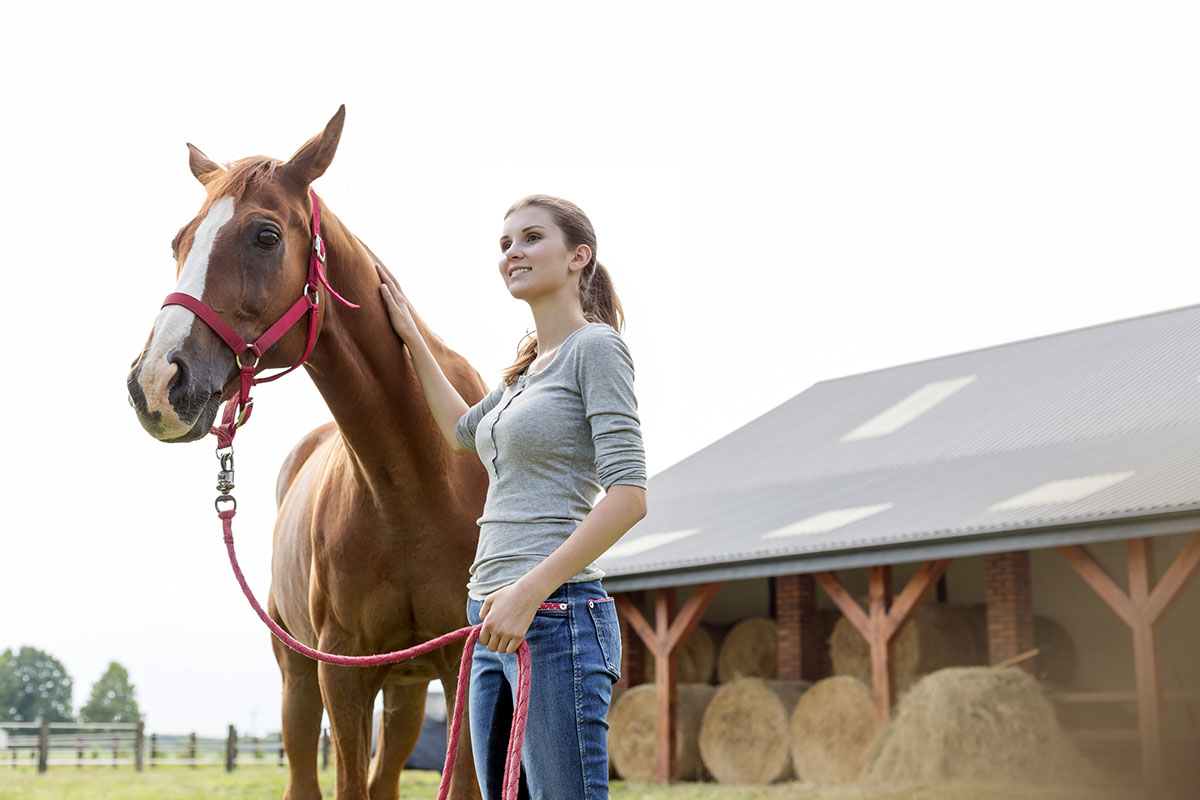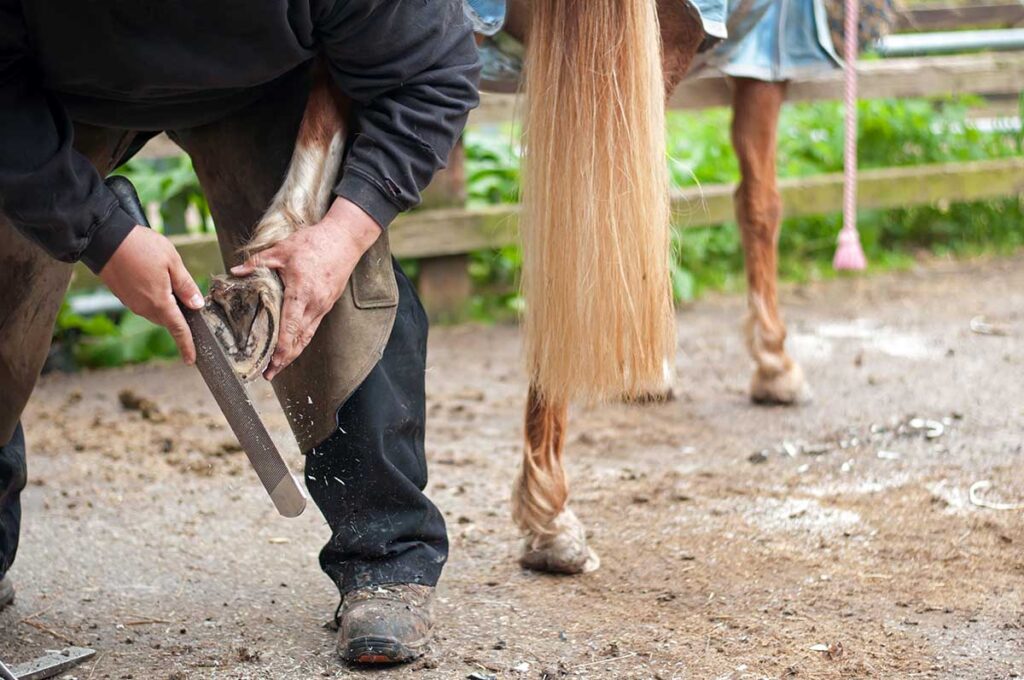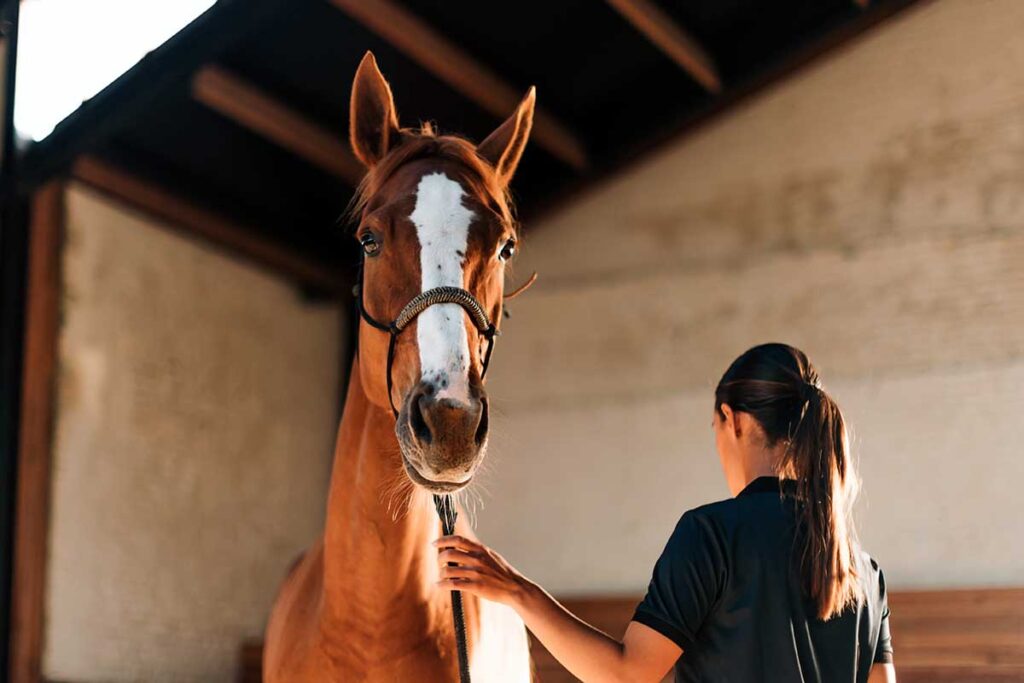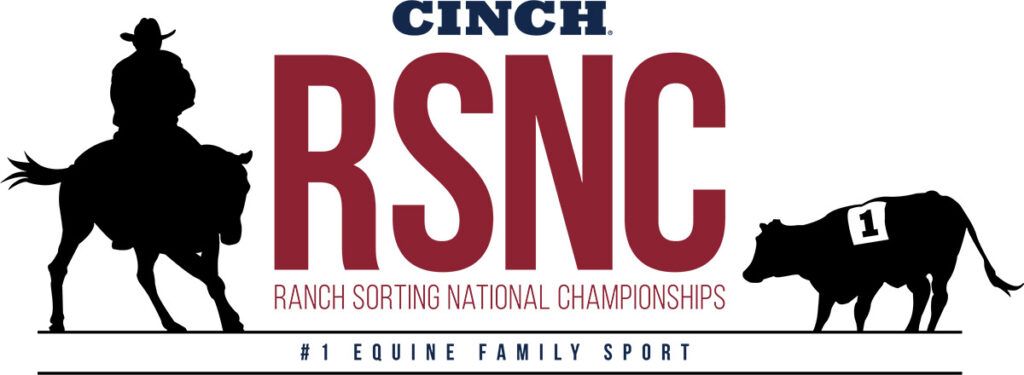Horse ownership is a commitment. You’ll need to keep up with your horse’s health care and maintenance year-round. That’s why we’ve put together this road map of annual appointments to schedule and exams to perform. The goal is to keep your horse in prime health and get ahead of issues before they arise. Here’s when veterinarians recommend you schedule preventive care:
Annual Horse Health Care
- Wellness exam. Your veterinarian will perform a physical examination to assess your horse’s general condition and body systems. Many owners have this done at the beginning of the year.
- Coggins test. This blood test screen horses for the incurable equine infectious anemia virus. You’ll likely need proof of a negative test result to board your horse or take him to events.
- Dental exam. Have your horse’s teeth checked and floated (evened out using a rasp or file) as needed.
- Diet assessment. An equine nutritionist will evaluate your horse’s weight, body condition, and diet to make sure it’s meeting his nutrient needs.
Semiannual Horse Care
- Vaccination. Your veterinarian will administer core and risk-based vaccines in the spring and the fall. What he’ll receive and when depends on your location, your horse’s age, and the risks he’s exposed to.
- Parasite control. With your vet’s help, take fecal egg counts and formulate a deworming plan, typically in the spring and fall.
Monthly Care
- Hoof care. Have your horse’s feet trimmed and/or shod about every six weeks, give or take two weeks on each end, depending on your horse’s needs.
- Body condition. Assess your horse’s body condition score every month or so to identify changes in weight and appearance.
Weekly Care
- Vital signs. Take your horse’s vitals every week so you can pick up on early indicators that something’s wrong and communicate that to your vet.
- Grooming. If you don’t see your horse every day, make sure you’re putting your hands and eyes on him at least once a week. A good grooming not only benefits his coat and skin but also lets you pick up on scrapes, swelling, soundness issues, and more. Make sure you pick out your horse’s feet, as well.
These are the core aspects of preventive care all horses require. Your veterinarian might recommend adjustments based on your region and your horse’s unique needs. Older horses, for example, might need more frequent dental exams or annual testing for endocrine disorders.
Many equine veterinary clinics offer wellness programs you can enroll in that cover most of these routine horse health care components for a flat fee. Plus, the clinic staff stays on top of scheduling so you don’t have to. Ask your vet if he or she offers a package like this.
Watch:
- Equine Vital Signs: Taking a Horse’s Pulse
- Equine Vital Signs: Taking a Horse’s Temperature
- Equine Vital Signs: Checking Capillary Refill Time
- Equine Vital Signs: Interpreting Gut Sounds
Are you enjoying this content? Sign up for My New Horse’s FREE newsletter to get the latest horse owner info and fun facts delivered straight to your inbox!








